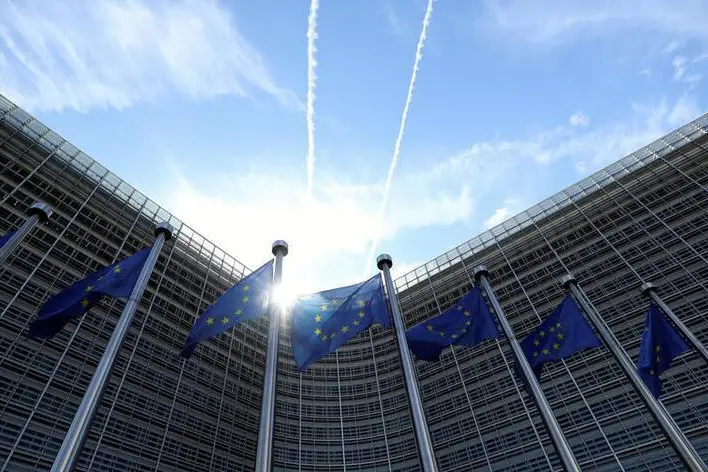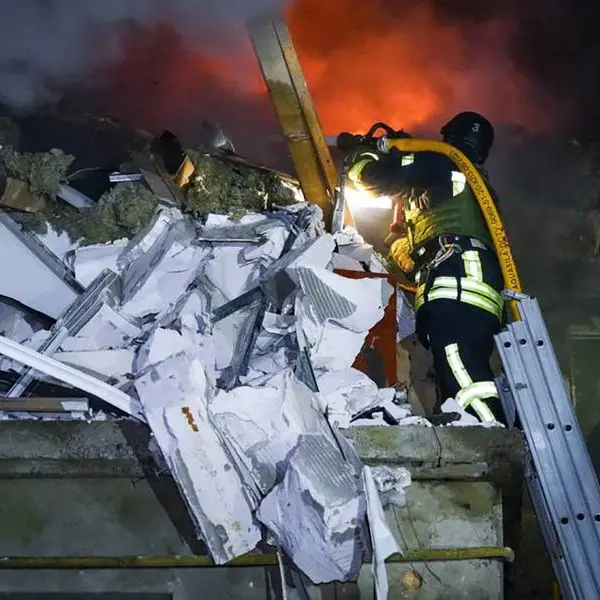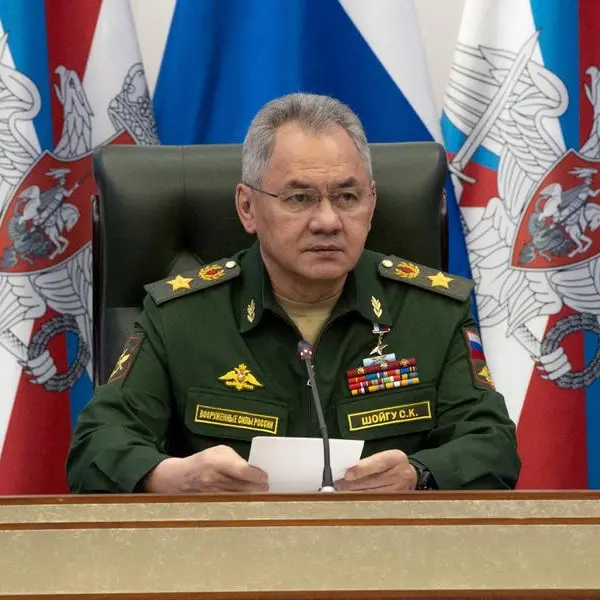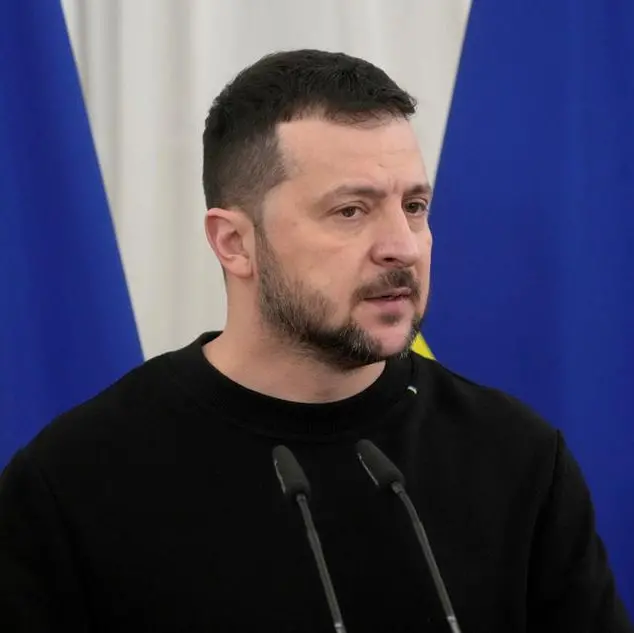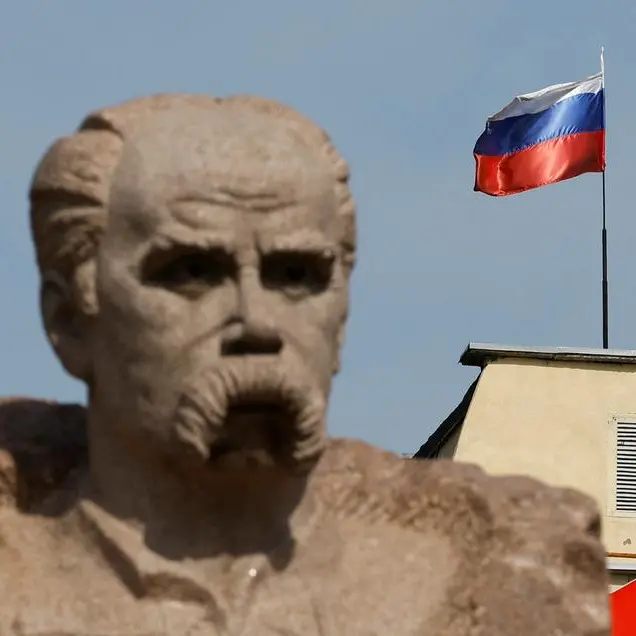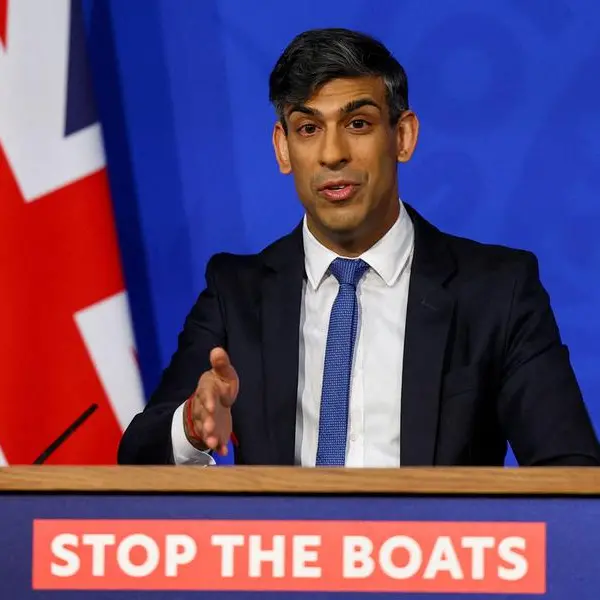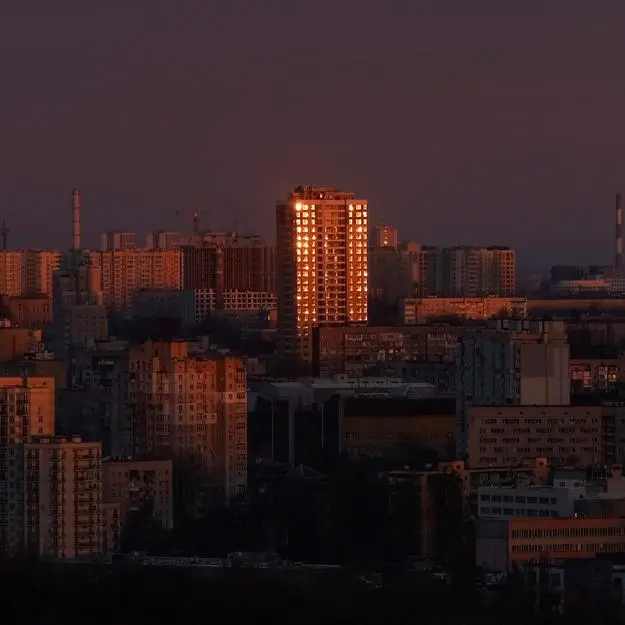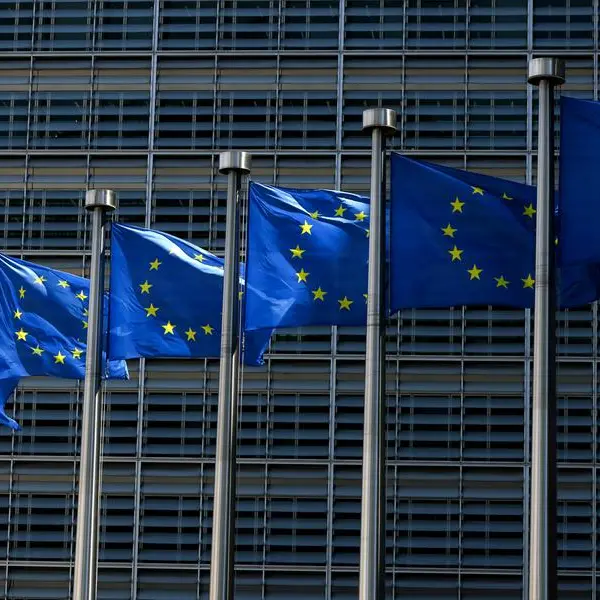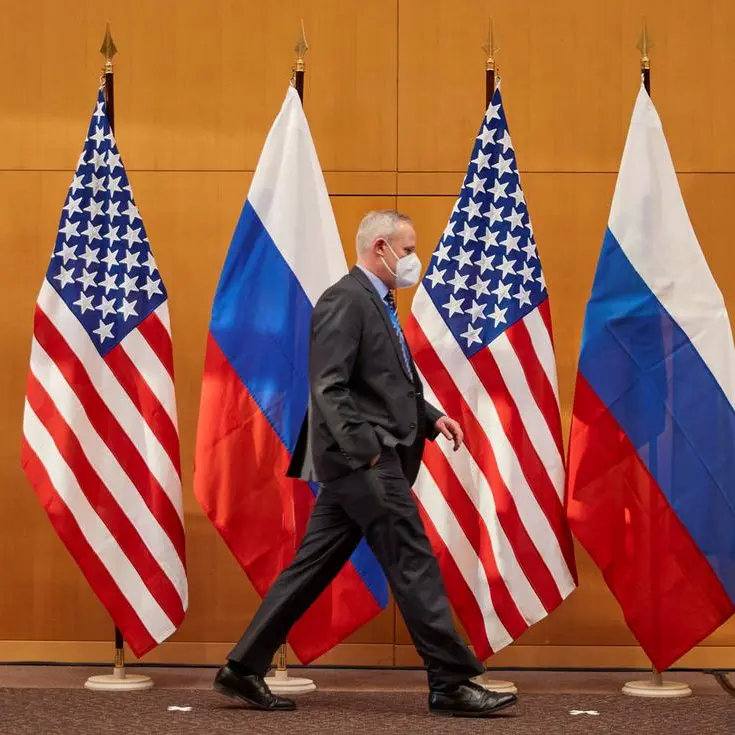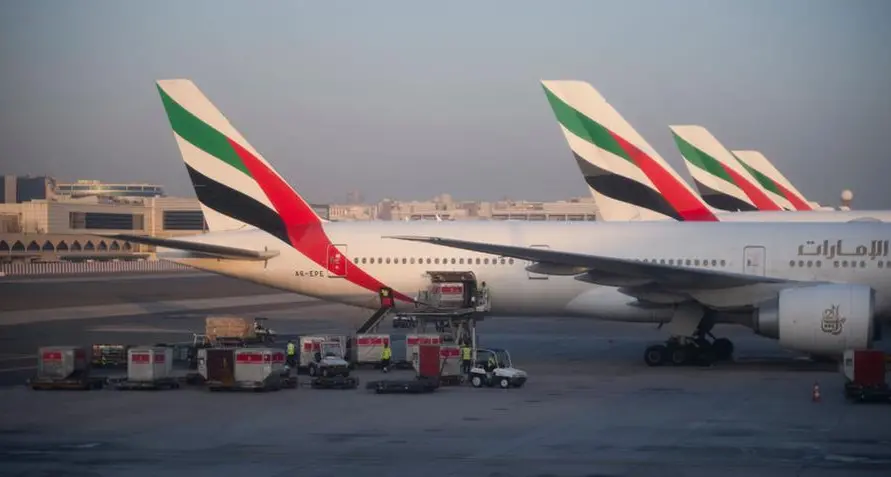PHOTO
European Union leaders handed Hungary concessions to agree an oil embargo on Russia over its invasion of Ukraine, sealing a deal in the wee hours on Tuesday that aims to cut 90% of Russia's crude imports into the bloc by the end of the year.
By making a promise that the EU's embargo excludes the pipeline that landlocked Hungary relies on for Russian oil, the bloc aims to reduce Moscow's income to finance the war it launched more than three months ago in Ukraine.
"It's a fair compromise ... this was the best we could get," Estonian Prime Minister Kaja Kallas told reporters as she arrived for the second day of an EU summit, where leaders will now discuss ways to mitigate soaring energy prices.
Oil prices extended a bull run after the EU's agreement, stoking concern about inflation, which was ran at a record high of 8.1 percent year-on-year in euro zone countries this month, Eurostat said on Tuesday.
Leaders will ask the EU's executive Commission to examine temporary price caps and work on potential reforms to Europe's electricity market - a move backed by countries including Spain and Greece, but which countries including Germany have opposed.
They are also set to endorse a Commission's plan to wean itself off all Russian fossil fuels through a faster rollout of renewable energy, improvements in saving energy, and more investments in energy infrastructure.
And they will call for better contingency planning in case of further gas supply shocks. Moscow on Wednesday cut gas supplies to the Netherlands for refusing to comply with a demand to pay for gas in roubles, having already cut off Poland, Bulgaria and Finland.
HUNGARIAN DEMANDS
Hungarian Prime Minister Viktor Orban, fresh from re-election and now one of the bloc's longest-serving leaders, repeated that a full embargo would have been an "atomic bomb" for his country's economy.
"It would have been unbearable for us to operate the Hungarian economy with the more expensive (non-Russian) oil ... this would have amounted to an atomic bomb but we have managed to avoid that," Orban said in a video posted on Facebook.
The embargo - once legally imposed - will hit seaborne shipments of Russian oil and encompass most imports from Russia once Poland and Germany stop buying via pipeline by the end of 2022.
The remaining 10% will be temporarily exempt from the embargo so that Hungary, Slovakia and the Czech Republic have access via the Druzhba pipeline from Russia.
Latvian Prime Minister Krisjanis Karins said keeping the EU united was the prime goal, despite effectively giving into the demands of Hungary, a member state that rights groups say is increasingly authoritarian and combative vis-à-vis the bloc.
"The important news is that the EU is still united in its purpose; the purpose is to stop Russia's aggressive war in Ukraine," Karins said.
RUSSIAN GAS NEXT TARGET?
While there are still details to be thrashed out, the oil embargo deal follows an earlier ban on Russian coal and allows the bloc to impose a sixth round of sanctions that includes cutting Russia's biggest bank, Sberbank, from the SWIFT international system.
Targeting Russian natural gas supplies looked set to be the EU's next diplomatic battleground. But while several countries want work to begin on a seventh round of sanctions, Austrian Chancellor Karl Nehammer said: "Gas can't be part of next sanctions."
Europe is heavily dependent on Russian gas, which explains why it has been left out of EU sanctions so far. The EU this month agreed a law requiring countries to fill gas storage to reach at least 80% ahead of next winter, in a bid to create a buffer against supply disruptions.
EU gas storage is currently 46% full.
"Russian oil is much easier to compensate ... gas is completely different, which is why a gas embargo will not be an issue in the next sanctions package," Nehammer said. (Additional reporting by Gabriela Baczynska, Sabine Siebold, John Chalmers, Bart Meijer; Writing by Robin Emmott and Kate Abnett; Editing by Ingrid Melander and John Chalmers)
Reuters
